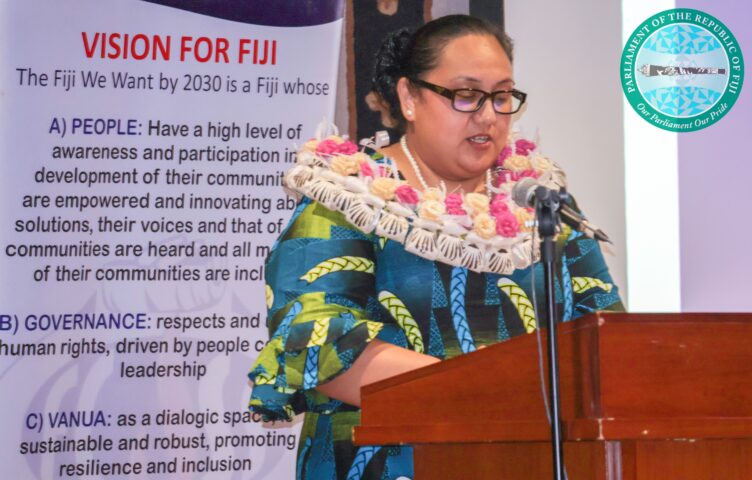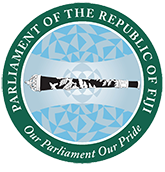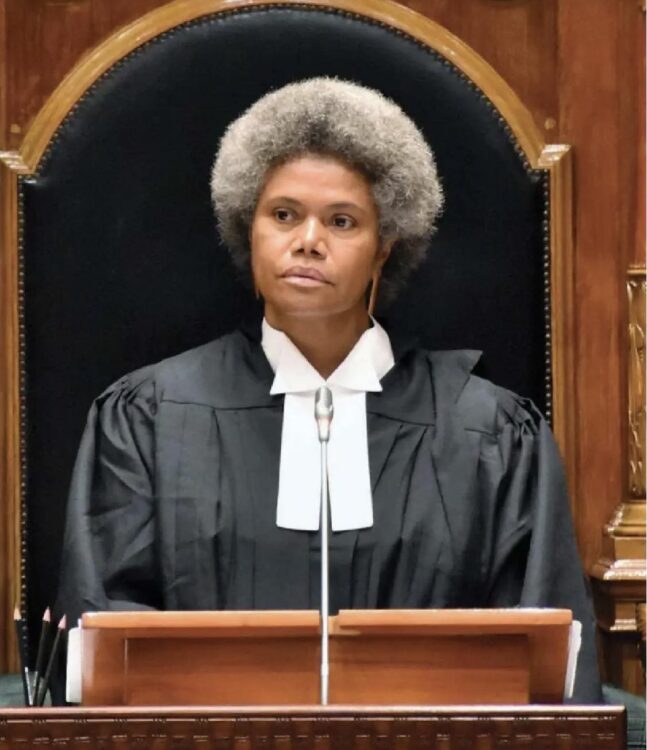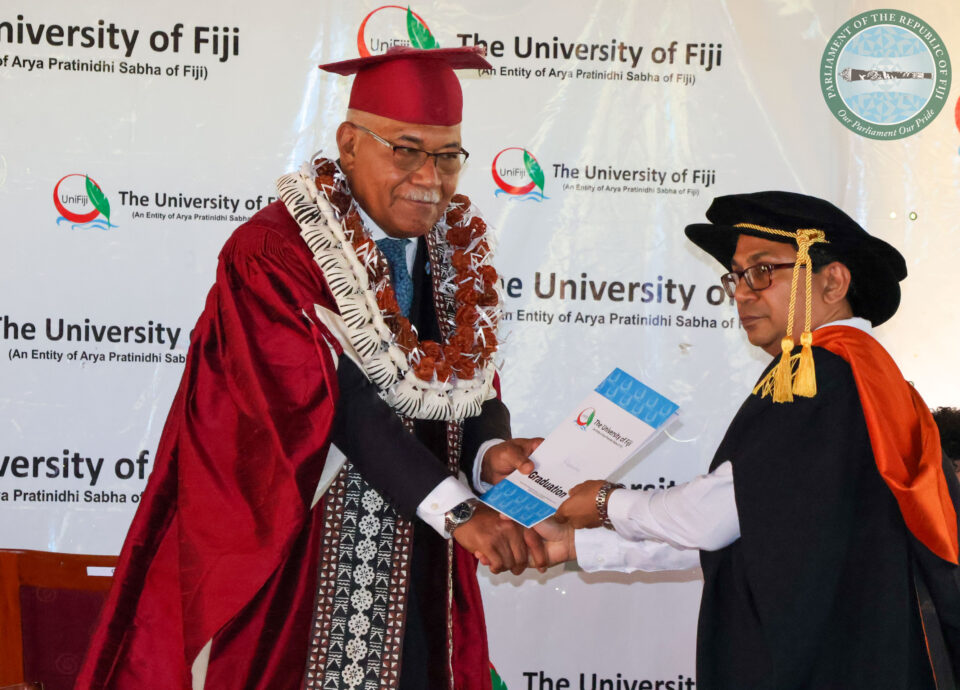Women’s Participation in Leadership is a Recurring Challenge – Secretary-General to Parliament

The issue of women’s participation in leadership and decision-making at all levels of society remains a recurring challenge that various stakeholders, including Parliament, must constantly address. It is not an isolated issue restricted only to civil society or women’s rights activists, but one which Parliaments, Governments, businesses and local communities have a stake in.
This was highlighted by the Secretary-General to Parliament, Mrs Jeanette Emberson whilst opening the Women’s Roundtable on Building a Leadership Pipeline workshop which was held in Suva this morning.
Reflecting on the successful Speaker’s Debate held earlier this month which focused on “Women’s Public Leadership: Empowering Women’s Participation at all Levels of Decision-Making, Mrs Emberson posed a vital question to the attendees: “What can we do to encourage women’s participation or inclusion in decision-making at all levels of society?”
She reiterated the Honourable Speaker’s comments that historically, women have been under-represented in the decision-making space, despite constituting half of the population and having increased participation in commerce, Government administration and other important and pertinent sectors.
In alignment with the Sustainable Development Goal (SDG) 5 – achieving gender equality and empowering all women and girls, this is evident in the Fijian Parliament’s legislative processes, representative and oversight functions, ensuring a balanced consideration of gender impacts.
“The Parliament’s action on SDG 5 is embedded in the legislative processes of Parliament through Standing Order 110(2), which is a key topic in this workshop.”
“Standing Order 110(2) mandates Standing Committees to give full consideration to the principle of gender equality to ensure all matters are considered with regard to the impact and benefit on both men and women equally. In other words, the Standing Committees are required to undertake a gender-based analysis when discharging their legislative, representative and oversight functions,” Mrs Emberson said.
The Inter-Parliamentary Union (IPU), which is the international organisation of national Parliaments which Fiji is a member of, has noted that women striving to enter Parliament face several challenges.
“Since rejoining the IPU in 2015, the Fijian Parliament has actively participated in the IPU’s “gender-sensitive Parliaments” initiative. This commitment reflects the Fijian Parliament’s dedication to gender-sensitive governance, aligning with the IPU’s principles and fostering a safe and inclusive environment for women.”
“Another significant initiative is the informal group of women Members of Parliament under the auspices of the Commonwealth Parliamentary Association (CPA). The Commonwealth Women Parliamentarians (CWP) Fiji Group, established in 2019 and comprising all women Members of Parliament, aspires to advance and strengthen the representation of women, enhance their participation and promote their issues in Parliament.”
“This year, the Fijian Parliament is reviving the Women’s Mock Parliament, which was last held in 2016. Some participants from 2016 became candidates in the 2018 and 2022 general elections, and today, one of those candidates serves as the Honourable Minister for Women, Children and Social Protection.”
“The Women’s Mock Parliament serves as a vital platform for encouraging women to enter the highest decision-making institution in the country and provides aspiring women leaders with insights into Parliamentary processes.”
Mrs Emberson stressed that these are just some of the ongoing initiatives in the Fijian Parliament that are aimed at empowering women leaders and promoting the idea that women can and should be equal participants in the decision-making process.
Whilst the Parliament cannot interfere in the electoral process, it can provide a facilitating environment that informs and encourages Fijian women to enter politics and be leaders.
-End-







